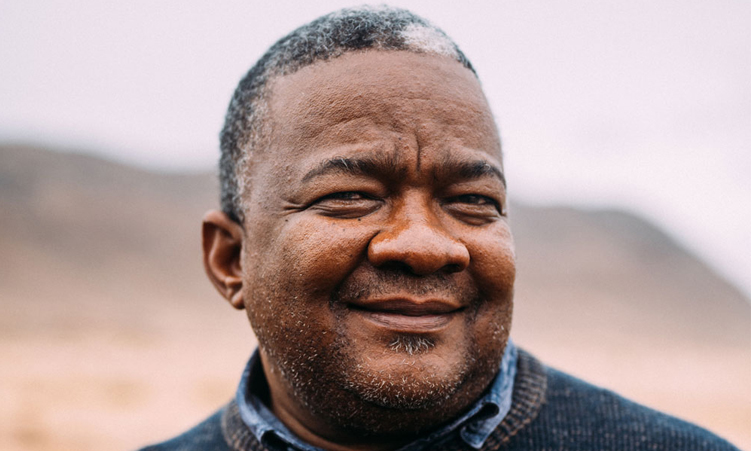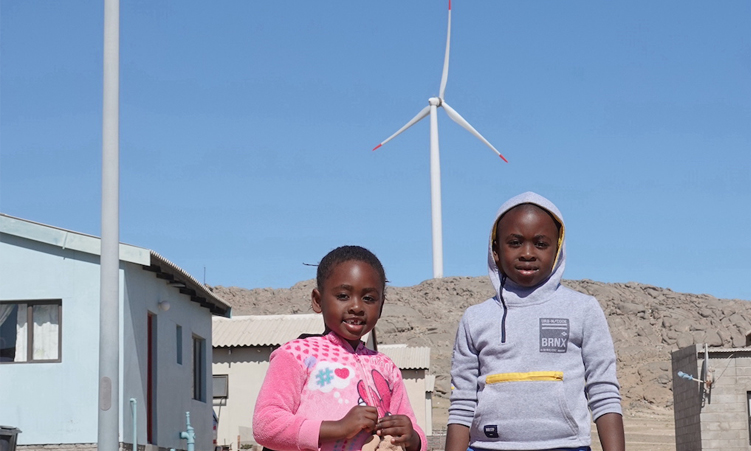Several civil society organisations say they have been excluded from the Global Africa Hydrogen Summit because they cannot afford the almost N$36 000 attendance fee.
They describe this as a sidelining tactic.
The two-day summit, supported by the Namibian government, started in Windhoek on Tuesday and will conclude today.
Germany’s government reportedly intervened to plead for the inclusion of communities at the summit – resulting in civil society organisations eventually being allocated 10 tickets.
However, many were still excluded due to the unafordable fees and their free tickets not being ready in time.
Namibia Development Trust (NDT) executive director Ronny Dempers yesterday said civil society organisations were required to pay US$2000 (N$35 700) each to attend the summit.
“We cannot afford that. We kept pushing and then I think last week or so we were informed that we will get 10 free passes for civil society organisations and if we have additional members to attend, we should pay US$150 (N$2 600),” he said.
Dempers said civil society nominated 10 people to attend for free last week.
These representatives could, however, not attend the first session of the meeting on Tuesday as their passes were not ready.
“The summit happened without those 10 representatives of civil society,” he said.
He said civil society is part of the Namibian state.
“We are playing the role of ensuring that whatever comes should really benefit our community, our country and the environment,” he said.
Civil society is a partner in the development process, Dempers said.

“It’s our right and responsibility to be engaged with this process,” he said.
He said civil society’s absence at the summit is a missed opportunity for community involvement.
Namibia Investment Promotion and Development Board (NIPDB) spokesperson Catherine Shipushu yesterday said 20 people from civil society organisations, as well as 100 students were attending the summit for free.
The NIPDB is a partner of the summit.
One of the summit organisers, Vasco Da Gama Energy, did not respond to a request for comment at the time of going to print.
HISTORY OF IGNORING CIVIL SOCIETY
Civil society started being concerned about its exclusion three months ago already.
At the time, sources alleged civil society was concerned over the lack of transparency and the summit’s exclusionary nature.
“The main concern is the delegate passes are approximately US$2 000 (US$1 500 at early bird phase) – completely beyond the reach of most Namibians, but especially people living in affected communities,” a source familiar with this process said at the time.
Some civil society organisations preferred anonymity for fear of being victimised by the event’s organisers.
The source compared this week’s green hydrogen summit to one that took place in South Africa last year for which interested civil society and community members were provided free passes.
“Over the past few months, multiple civil society organisations have contacted the NIPDB, the Namibian Green Hydrogen Commission and conference organisers to ask for civil society delegate passes.”
Civil society groups also pointed out that one of the event’s supporting partners, Agha, endorsed a joint agreement at COP28 that advocates for the involvement of communities and civil society in all stages of the green hydrogen project life cycle.

LACK OF MONEY
A 2021 civil society sustainability report said civil society organisations are facing financial problems.
“Many civil society organisations experienced a slight deterioration in their financial situations in 2021, continuing the downward trend of recent years,” the report said.
Namibia Institute for Democracy executive director Naita Hashoono said the inputs from civil society, the government and private sector are valid and crucial for the inclusive development of the green hydrogen sector.
“The voice of civil society matters as much as the government of Namibia and private sector voices,” she said.
Hashoono said Namibian communities are made up of different sectors, which all have a say in the socio-economic set-up of the country.
“In a democracy we value inclusion. Communities need to be engaged to influence the set-up of their settlements. Consultation, engagement is key to inclusion.
“Sustainable Development Goals 16 and 17 refer to strengthening collaboration of institutions to ensure peace and equitable distribution of resources,” she said.
Another civil society member, who declined to be named, yesterday said the process for civil society organisations to obtain passes for the summit was frustrating and appeared to be an attempt to appease outsiders.
“The underlying spirit to engage and consult communities and civil society organisations is not at the right spot, as it seems that civil society organisations and community voices are the ones that matter the least,” the member said.
A civil society official said organisations and community members who travelled to Windhoek from the regions only discovered on Tuesday that, despite the summit running from 3 to 5 September, they were only permitted to attend yesterday and today.
“Excluding civil society and affected communities is a missed opportunity for green hydrogen developers and the Namibian government to engage in transparent and honest discussions about green hydrogen plans and projects,” the member said.
The official said given the secrecy around some contracts signed between companies interested in green hydrogen and the government, welcoming communities and civil societies at the summit would have built trust.
Political analyst Henning Melber says it is shocking that civil society is excluded from participation in the summit due to being unable to pay the required fee.
He says civil society should have access free of charge to be heard.
“Civil society agencies would be able to give residents likely to be affected a voice and could also report back on the deliberations to the people on the ground. This makes the summit a somewhat clandestine elite meeting,”
Henning Melber
He says the exclusion of civil society from the summit fuels already existing concerns and suspicions that green energy is not a magic bullet.
Read more: Green hydrogen summit excludes civil society
Stay informed with The Namibian – your source for credible journalism. Get in-depth reporting and opinions for
only N$85 a month. Invest in journalism, invest in democracy –
Subscribe Now!






